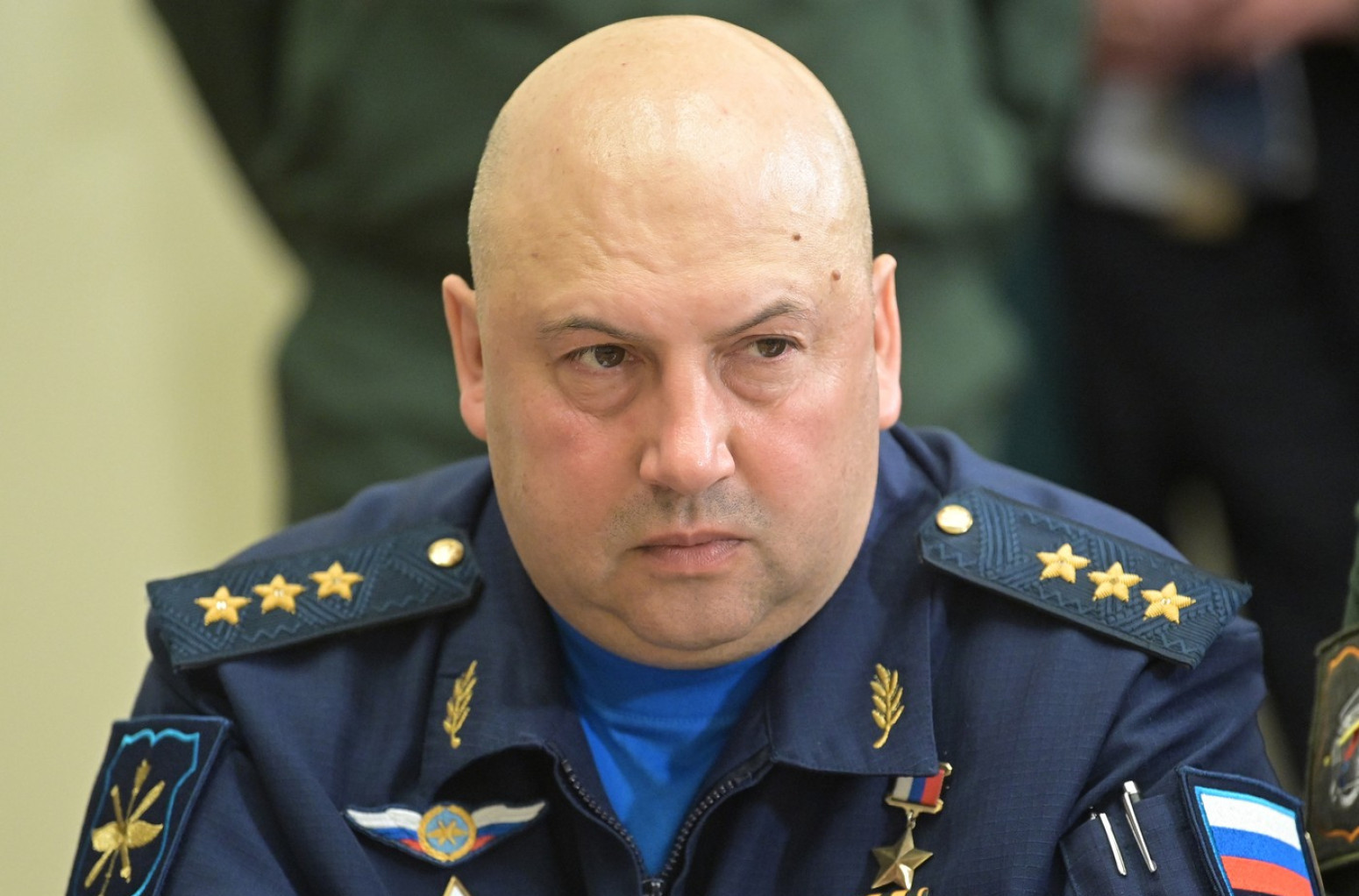03.04.2025.
9:35
Shocking report from 2022 leaked: General Armageddon was about to unleash disaster
Russia's former commander-in-chief in Ukraine, General Sergei Surovikin, was seriously considering using nuclear weapons to prevent Ukraine from advancing on Crimea in the fall of 2022, according to a report in the New York Times, as reported by Newsweek.

Nuclear rhetoric largely characterized and influenced the course of Russia's general invasion of Ukraine, which has lasted for more than three years.
US actions under President Joe Biden were often tempered precisely by the fear of a nuclear escalation of the biggest land conflict in Europe since World War II.
Russian leader Vladimir Putin put Russia's nuclear deterrent on high alert when Russian forces entered Ukraine in February 2022, and Russian Foreign Minister Sergei Lavrov said months later that the risks of a nuclear conflict had become "significant."
General Surovikin, who briefly led Russia's operations in Ukraine between October 2022 and January 2023, considered using tactical nuclear weapons to counter Ukraine's advance — during a blitzkrieg counteroffensive in late summer and fall 2022 — in the country's south toward Crimea, which was occupied and annexed by the U.S. in 2014, the NYT reported Saturday.
Unlike strategic nuclear weapons, tactical nuclear weapons are designed for use on the battlefield. These weapons are far less powerful and designed to be used against different targets than strategic nuclear weapons, which can level entire cities.
American estimates of Russia's stockpile of tactical nuclear weapons are around 2,000 active warheads.
The chances increased to 50 percent
At the time, US intelligence agencies estimated the chances of Moscow using its nuclear weapons in Ukraine at between five and ten percent, according to a NYT report. In the event that Ukraine successfully advanced in the south in its counteroffensive, which could threaten the Russian occupation of Crimea, the estimate was that those chances would increase to 50 percent.
At the time, Kyiv's forces were countering Russian power and advantage in territory that Vladimir Putin's forces quickly captured in the first weeks of their invasion, focusing on Ukraine's northeast and south, while Russia desperately tried to hold on to the east. As of August 29, 2022, Kyiv launched a new offensive to push the Russians out of the city of Kherson and back to the east bank of the Dnieper River. By November, Russian forces had retreated across the river, and Ukraine had recaptured the city of Kherson. The wider Kherson region, along with the neighboring region of Zaporozhye and the regions of Donetsk and Lugansk (collectively known as Donbass), was annexed by Russia in late September of that year, although the Kremlin still does not fully control these areas and the annexation has been rejected internationally as illegal.
Kyiv has vowed to retake the annexed Crimean peninsula, and if Ukrainian forces recapture much of Kherson or the entire region, it would threaten Russia's Moscow-controlled "land corridor" linking Crimea with its forces on the Ukrainian mainland.
Surovikin was nicknamed "General Armageddon" for the brutality he displayed during Russian operations in support of the Bashar al-Assad regime in Syria, which was ousted in a lightning counter-offensive by Syrian Islamist rebels late last year.
Dismissal and disappearance from public eye
He was replaced as the supreme Russian commander in Ukraine in January 2023 by the Chief of the General Staff of the Russian Army, General Valery Gerasimov.
Russian state media reported in August 2023 that Surovikin had been removed as head of the Russian Aerospace Forces. He was then conspicuously absent from the public eye after Russian mercenaries from the Wagner Group, led by former Putin ally and head of that private army Yevgeny Prigozhin, rebelled against the Kremlin in June and embarked on a "march on Moscow", which Prigozhin soon broke off and died two months later in a plane crash under unclear circumstances.
Some independent Russian and Western media have speculated that Surovikin had close ties to the group and its boss. General Valery Zaluzhny, the former commander-in-chief of the Ukrainian army, who is now the country's ambassador to Great Britain, once said in comments published by the Ukrainian media that "there is a direct threat of the use of tactical nuclear weapons under certain circumstances by the Russian armed forces."














































Komentari 0
Pogledaj komentare Pošalji komentar